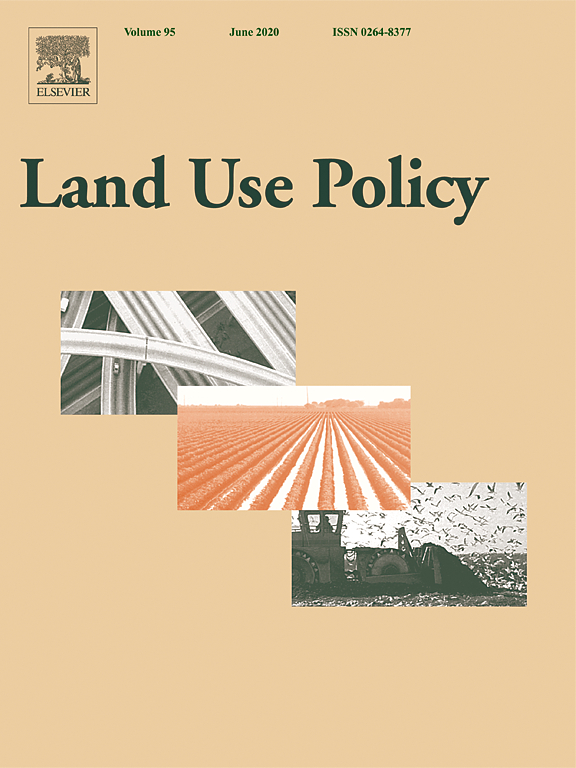Adoption and diffusion of improved technologies and production practices in agriculture: Insights from a donor-led intervention in Nepal
Adoptions of improved technologies and production practices are important drivers of agricultural development in low-income countries like Nepal. Adopting a broad class of such technologies and practices is often critical for meeting the multifaceted goals of efficiency, profitability, environmental sustainability, and climate resilience.


